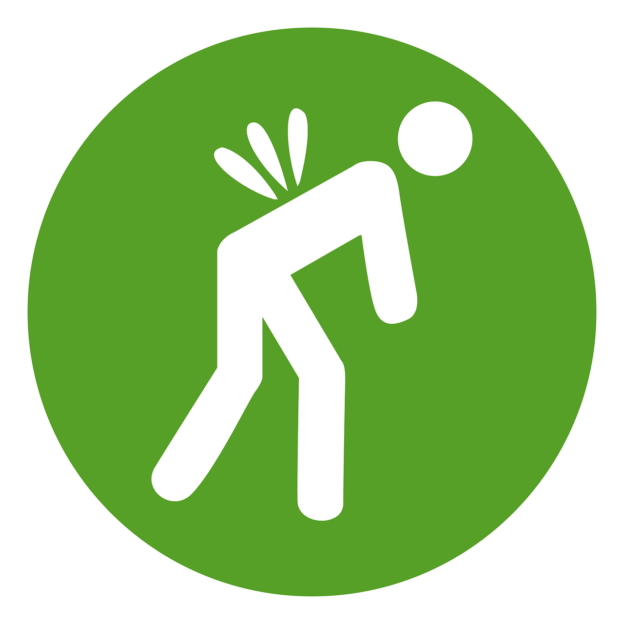Chronic pain and trauma are two intertwined aspects of human experience that often coexist, leading to a complex web of physical and psychological challenges. The relationship between chronic pain and trauma is multifaceted, with each influencing the other in intricate ways.
Addressing this interplay requires innovative therapeutic approaches, such as Pain Reprocessing Therapy (PRT), which offers a promising path towards relief and healing. What is the actual interaction between chronic pain and trauma? Let’s look at the focus on the transformative potential of PRT, as advocated by renowned experts Dr. Howard Shubiner and Alan Gordon, LCSW.
PRT is the treatment provided at Awakenings Treatment Center for clients suffering from chronic pain and trauma, grief, loss and other mental health challenges.
Chronic Pain and Trauma: A Complex Connection
Chronic pain, defined as persistent pain lasting beyond the expected healing time, often has a physical origin. Emerging research has illuminated the profound role of emotional and psychological factors in the development and perpetuation of chronic pain.
Trauma, on the other hand, refers to distressing events that overwhelm an individual’s ability to cope, leaving a lasting impact on their emotional well-being. The link between chronic pain and trauma lies in the intricate connections between the brain, nervous system, and emotional responses.
The Neurobiological Nexus
Both chronic pain and trauma activate the body’s stress response. The combination of the two triggers the release of stress hormones, such as cortisol and adrenaline. Over time, prolonged exposure to stress hormones can sensitize the nervous system, amplifying pain signals and causing heightened pain sensitivity. This phenomenon, known as central sensitization, can transform acute pain into a chronic, widespread condition.
Moreover, traumatic experiences can lead to changes in brain structure and function, affecting areas responsible for processing pain and emotions. This neural rewiring can exacerbate pain perception and lead to a vicious cycle where pain triggers traumatic memories, and trauma intensifies pain perception.
PRT Pain Reprocessing Therapy: A Path to Healing
Pain Reprocessing Therapy (PRT), developed by Dr. Howard Shubiner and popularized by pain therapist and expert Alan Gordon, LCSW, is a therapeutic approach that seeks to address the intertwined nature of chronic pain and trauma. PRT is rooted in the understanding that unresolved emotions and repressed traumatic experiences can manifest as physical symptoms, including chronic pain.
At its core, PRT encourages individuals to identify and confront the emotional underpinnings of their pain. This is achieved through a combination of cognitive-behavioral techniques, mindfulness, and psycho-education. PRT aims to reprocess traumatic memories and emotions so that the body reduces stress response and subsequently alleviates pain.
The Role of Mind-Body Integration
Central to PRT is the concept of mind-body integration, which recognizes the bidirectional relationship between emotional well-being and physical health. Mindfulness techniques, including Somatic Tracking and relaxation exercises, are integral components of PRT. These components help individuals regulate their nervous system and mitigate the impact of chronic pain and trauma.
By addressing the underlying emotional distress, PRT offers relief from chronic pain. The goal is to empower individuals to regain control over their lives. This holistic approach shifts the focus from solely treating physical symptoms to fostering emotional resilience and psychological healing.
Expert Insights: Dr. Howard Shubiner and Alan Gordon
Dr. Howard Shubiner, a pioneer in Mind Body Medicine, emphasizes the connection between repressed emotions and chronic pain. He posits that acknowledging and releasing these emotions is key to breaking the cycle of pain and trauma.
Alan Gordon, LCSW, a prominent pain expert, has been a vocal advocate of PRT. He has drawn from his personal experience with chronic pain and his journey to recovery. Gordon’s approach encourages individuals to shift their focus away from physical solutions. And engage with their emotional and psychological well-being.
The intricate interaction between chronic pain and trauma underscores the need for innovative therapeutic approaches. These therapies address physical and emotional aspects of well-being. PRT Pain Reprocessing Therapy offers a promising avenue for healing.
By embracing the connection between mind and body, individuals can break free from the cycle of pain and trauma. It allows them to foster renewed vitality and well-being. PRT continues to shine as a beacon of hope for those navigating the challenging terrain of chronic pain and trauma.








